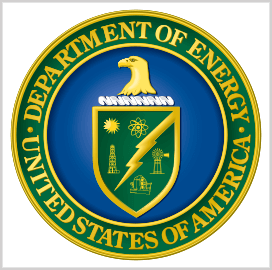The Department of Energy’s Nuclear Science Advisory Committee has released a document detailing a 10-year plan and recommendations for U.S. nuclear physics research.
The committee unanimously accepted and unveiled the 2023 Long Range Plan for Nuclear Science, which has implications for the experimental and theoretical research programs at Thomas Jefferson National Accelerator Facility, the laboratory announced.
One of the recommendations in the plan was to prioritize capitalization and investments in nuclear science and essentially the country’s national user facilities such as Jefferson Lab and Argonne National Laboratory, which owns the Argonne Tandem Linac Accelerator System.
The long-range strategy also endorsed the establishment of a U.S.-led consortium focused on new ton-scale experiment construction employing neutrinoless double beta decay process.
NSAC supported the completion of Jefferson Lab’s Electron-Ion Collider, which is vital in the investigation of gluons, which, alongside quarks, are basic constituents of protons and neutrons in the study of quantum chromodynamics. The collider will be built at the Brookhaven National Laboratory in Upton, New York.





